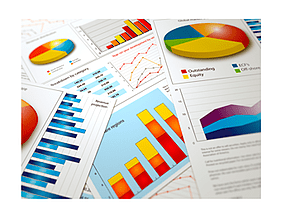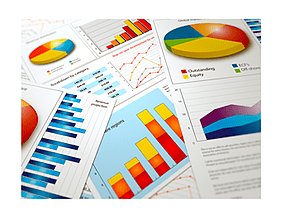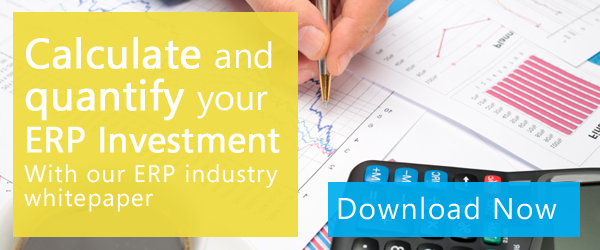Many business owners and accounting specialists who use basic cost  accounting software fail to realize that these solutions become obsolete as businesses grow and data volume increases. While a start-up business can use a basic accounting software product without facing any issues, this solution is completely inefficient for a growing organization, simply because it lacks a very important characteristic: scalability. When a company uses an accounting solution that can no longer fulfill its needs, it will show a significant slowdown in its overall activity.
accounting software fail to realize that these solutions become obsolete as businesses grow and data volume increases. While a start-up business can use a basic accounting software product without facing any issues, this solution is completely inefficient for a growing organization, simply because it lacks a very important characteristic: scalability. When a company uses an accounting solution that can no longer fulfill its needs, it will show a significant slowdown in its overall activity.
Have You Outgrown Your Accounting Software?
There are two main reasons why accounting software has become a necessity: 1) it allows businesses to comply with the law by keeping accurate and up-to-date financial records; and 2) it provides critical details to business managers, helping them to make the most lucrative business decisions.
Regardless of whether your organization uses a low-end accounting product or an integrated business management system, such as an ERP, it’s time to check if it still meets your current business needs, let alone your future ones. You can do this by considering the following:
- Manual System: The main role of cost accounting software is to give you access to information you need, when and how you need it. If the system you use requires you to enter, centralize, and update data manually in order to see information in a certain format, it's time to look for a more advanced accounting solution. The most practical and modern solution to basic accounting software is an integrated Enterprise Resource Planning (ERP) system. ERP integrates all functions of your business, allowing instant, extensive and accurate reporting capabilities.
- Job Information: Another sign of deficiency is when your system takes too long to compile data or is unable to produce useful reports. Delayed, inaccurate, or incomplete job information is of little use, if not completely useless, to project managers who rely on accurate data to make appropriate business decisions. Since most basic accounting software products have serious limitations when it comes to customizable and extensive reporting functions, you should look for a software product that provides all the facts and figures you need to run your business efficiently. You can find such software by searching for customizable ERP solutions, which ensure timely insight into your business every step of the way.
- Job-Costing Design: Using generic cost accounting software is one of the worst things you can do if your business operates on a project-by-project basis. That’s because generic accounting systems force businesses to track costs by category or item instead of project or job. This makes it impossible for you to access particular job-costing information that can help you manage your projects competently. On the other hand, by choosing an advanced ERP solution, you can get various job-costing reports (e.g., price-per-unit analyses, over/under billing reports, estimate-actual comparisons, and revised estimates) that enable you to select the most advantageous projects for your organization and conduct them efficiently.
- Multiple Locations: Typically, a basic accounting software solution is unable to process and centralize the information it receives simultaneously from multiple locations. If you're functioning as a multi-site entity, then considering a fully integrable business management solution is justifiable considering its ability to handle multiple subsidiaries, languages, and even currencies.
- Payroll: Getting a more advanced cost accounting software product is necessary if the system you currently use is unable to complete particular payroll activities, which can become very complex when combined with specific production/maintenance tasks. Although all accounting systems perform basic payroll functions, some of them turn out to be completely inefficient when users try to calculate specific production/maintenance-related costs. Modern Enterprise Resource Planning (ERP) solutions can help you handle these complexities more efficiently by allowing you to adjust job-costing and general-ledger modules in order to calculate cost and time on phases/jobs.
If you've noticed your cost accounting software becoming slow and cumbersome, or you've begun to notice significant gaps between your back-end and front-end systems, it is time to consider a more advanced accounting solution. Before opting for a specific solution, make sure it’s robust enough to accommodate current and future business needs.
 5 Signs You've Outgrown Your Cost Accounting Software">
5 Signs You've Outgrown Your Cost Accounting Software">
